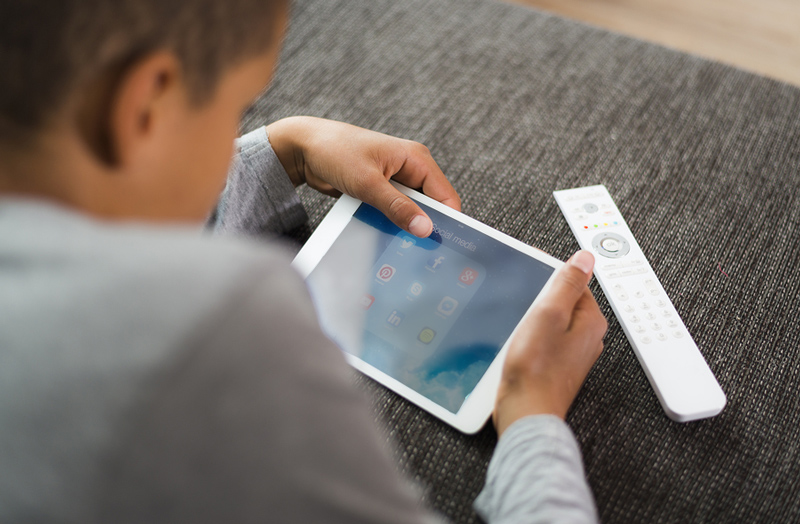
Middle school is a jungle. As annoying as adulthood can be, with its monthly bills and preoccupation with fiber intake, there’s no way I’d want to go back to seventh grade. In seventh grade, the orthodontist can make or break the next 18 months of your life. In seventh grade, it’s incredibly exciting to be left home alone while mom runs to the grocery store — and then terrifying when there’s a delivery man at the door that you’ve been instructed to keep closed no matter what.
A few weeks ago, I was discussing the challenges of adolescence with middle schoolers and the topic of the day was the sheer volume of information they had access to. Curious about what they had seen I asked, “Has anyone ever seen something on the internet that they didn’t want to see?”
Hands shot up all around and the stories began to roll in. “I went to this site that I thought was Nickelodeon, but I typed it in wrong and like, bad pictures came up.” “My friend sent me this link on my phone and when I clicked on it, ugh, it was not good.” “Miss Alison, I SWEAR I was just researching this thing for science but when I did a Google search there were pictures of naked people. I was searching for pictures of dinosaurs!”
I was really surprised and then felt dumb, because in my head I know the statistics about how early and frequently children are exposed to pornography (most estimate it’s by age 11). Yet I still couldn’t believe how much these little bunchkins, who run away from the opposite sex at school dances, had seen on the internet.
It’s the time of year when so many kids will receive the first cell phone, tablet or laptop, and as all these toys get opened and installed, it’s so important for adults to realize that the kiddos can now access the world: the good, the bad and the ugly. In November, the United States Conference of Catholic Bishops released “Create in Me a Clean Heart: A Pastoral Response to Pornography,” which observes, “the widespread availability of the Internet means that pornography is in the home, at work, and often literally at one’s fingertips with the prevalence of mobile devices … In contrast to a magazine, the Internet has no final page.”
The internet has no final page, but the kids I talked to were disturbed that they had accidentally opened the book. Talking about pornography is probably not a conversation any parent looks forward to, but my classroom encounter made me realize that it’s a conversation any child with access to a phone, computer or tablet needs to have.
“Create in Me a Clean Heart” offers encouragement to parents, youth workers, pastors and really everyone who has ever heard the word “pornography”, and directs all who read it to usccb.org/cleanheart for more resources for particular questions. Other resources for parents can be found at mattfradd.com, including information on filter software.
Kids might not always be so candid about what they see on the internet, but adults can point them towards the truth and help them build habits of prayer, Mass and confession. In the battle against impurity, these are truly the strongest weapons.


